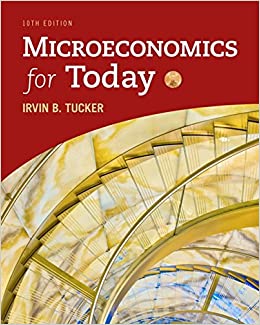Question
In the Journal of Economic Perspectives Winter 2003 issue, Burton Malkiel, the author of A Random Walk Down Wall Street , and Robert Shiller, winner
In the Journal of Economic Perspectives Winter 2003 issue, Burton Malkiel, the author of A Random Walk Down Wall Street, and Robert Shiller, winner of the 2013 Nobel Prize in Economics, published competing articles about the Efficient Markets Hypothesis (EMH).[1]
In his article, Malkiel defends the EMH from critics, while Shiller argues in favor of a behavioral approach to understanding markets.Read both of these articles, which have been posted on Blackboard, then answer the following:
A.How do Malkiel and Shiller define the EMH?Are their definitions the same?If not, how do they differ?Is it possible for one to be true while the other is false?
B.What is Shiller's main argument against the EMH?How does Malkiel respond to that argument?
C.How does Shiller's notion of "feedback" differ from the notion of feedback used by Hirshleifer, Subrahmanyam, and Titman (2006)[2] we discussed in class?
D.In Shiller's assessment, what are the obstacles to "smart money" correcting the price of mispriced assets in the market?
E.According to Shiller, what are Eugene Fama's critiques of behavioral finance, and how does Shiller respond to them?
F. After reading both articles, how well do you think each of the authors defended their thesis?Which viewpoint do you find more convincing, or are the both (or neither) right?Why or why not?
Step by Step Solution
There are 3 Steps involved in it
Step: 1

Get Instant Access to Expert-Tailored Solutions
See step-by-step solutions with expert insights and AI powered tools for academic success
Step: 2

Step: 3

Ace Your Homework with AI
Get the answers you need in no time with our AI-driven, step-by-step assistance
Get Started


